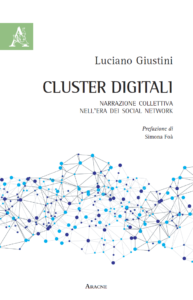It’s some time that I don’t speak about politics..
Maurizio on the today’s post resumes a political topic that could be defined as the “abandonment of the extreme electorate” when elections come closer. In the post, .mau. gives a mathematical interpretation to the phenomenon, showing that the politicians don’t do good accounts. Read it, because it is interesting. A synthesis cannot be made, if not that the conclusion of the mumbling is that the politicians prefer to move to “center” – watching to uncertain ballots of the moderate flanges – than losing (with smaller uncertainty) the ballots of the more extremist zones.
The temptation has come me to make a reflection, that I forward also to my few readers.
I guess that if politicians (those that make true politics) make this move, as they think that is worth moving to the center in order to take more ballots than to lose some leaving at the extreme sides, there must be one (or more) reason. The problem of the thought, (always considering that it is a metaphor on politics) is that if some percentages of voters don’t go to vote anymore, perhaps it’s not a problem: since numerically it counts who takes more ballots, it counts therefore who succeeds to “bring” the votes of the center electorate. Mathematically speeching: if a political formation loses 100 ballots on the left and 100 ballots to the right, but then it earns 10 ballots to the center that concur of having the game, so it has won. In a perfect bipolar system, it would win therefore who had sold 50% of voters plus one, and not how many votes has placed. A true objection to my reflection could be that since the system is symmetrical, also the other part earns 10 ballots to the center and – at the end – nothing changes. But in truth the center is so volubile..and politics unfortunately is not one mathematical demonstration (or perhaps).



